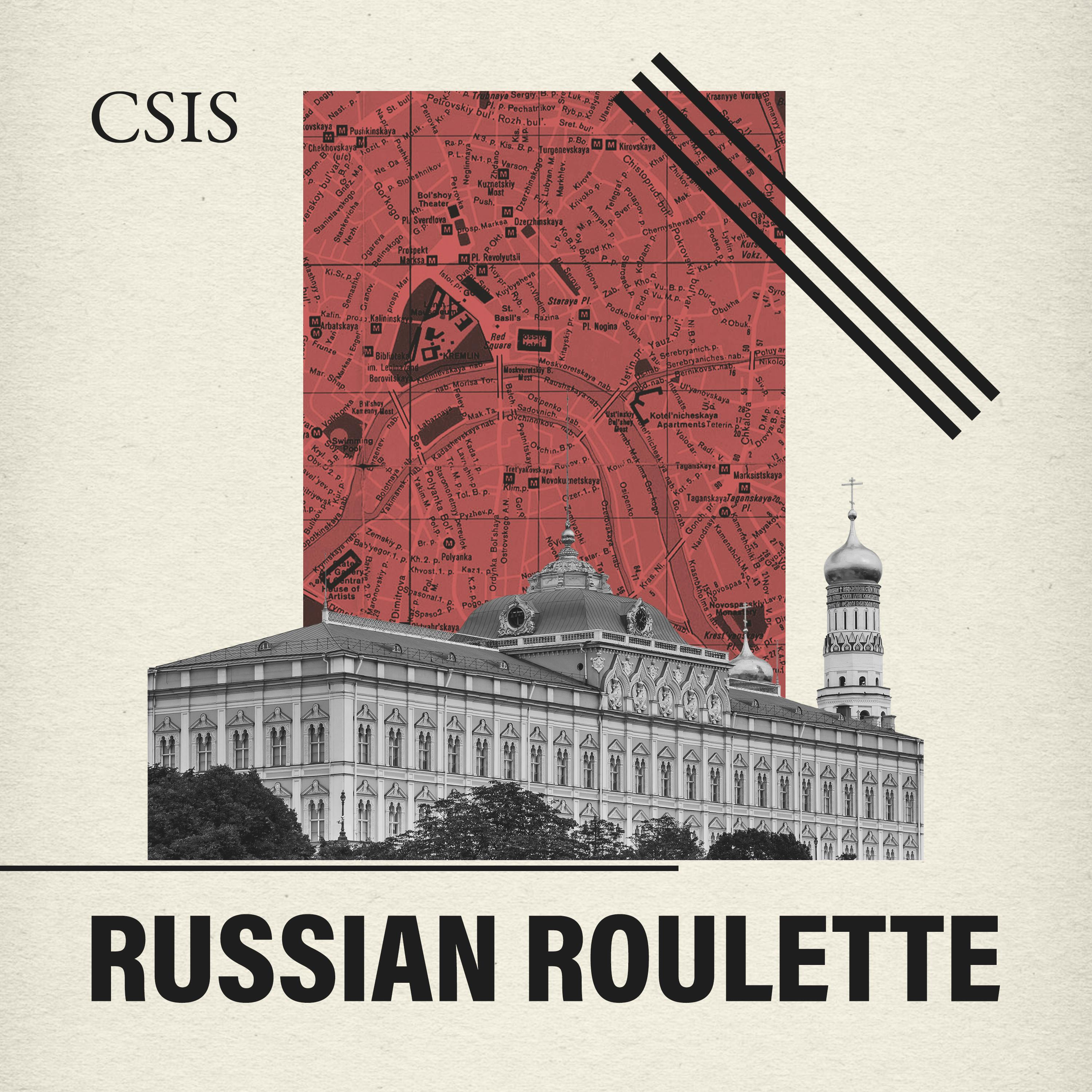
Deep Dive
Why is the situation in Ukraine trending negatively according to Michael Kofman?
The situation is worsening due to Russia's material advantage, particularly in manpower, and its increasing rate of gains on the battlefield. Ukraine's manpower issues and failure to fully mobilize have contributed to this trend.
What are the key advantages Russia currently holds in the war in Ukraine?
Russia's main advantages are in manpower and air power, particularly the use of glide bombs. While Ukraine has achieved parity in artillery firepower and drones, Russia's sustained recruitment and high losses have allowed it to continue pressing forward.
What are the main challenges Ukraine faces in stabilizing the front line?
Ukraine's challenges include insufficient manpower, high casualties, and the inability to fully mobilize its population. The failure to replace losses and the creation of new brigades without adequate personnel have weakened the force's cohesion and defensive capabilities.
How has Russia's economy been impacted by the war, and how does this affect Putin's strategy?
Russia's economy is facing inflation and high military spending, but it remains sustainable for now. Putin's strategy is to continue the war to maintain regime stability and economic growth, even if it means further strain on the economy.
What role might North Korea play in the future of the war in Ukraine?
There are early signs of direct North Korean involvement, potentially in the form of troops assisting Russia in future offensives. This could escalate the conflict and complicate Ukraine's defensive efforts.
How might the incoming Trump administration impact U.S. support for Ukraine?
The Trump administration may reduce or shift U.S. military assistance to Ukraine, focusing more on domestic defense and potential threats from China. This could put pressure on Europe to increase its support for Ukraine.
What are the potential outcomes of negotiations between Ukraine, Russia, and the West?
Negotiations are possible but unlikely to lead to a lasting peace. Russia's maximalist goals, including demilitarization and control over Ukraine, make any compromise difficult. The West may focus on security guarantees for Ukraine rather than direct negotiations with Russia.
What is the significance of Russia's loss in Syria for its strategy in Ukraine?
Russia's defeat in Syria may make Putin more reluctant to compromise in Ukraine, as he seeks to restore Russia's international status and avoid further geopolitical losses. This could lead to more aggressive demands and prolonged conflict.
How does Ukraine's drone strategy impact the current battlefield dynamics?
Ukraine's drone strategy has helped slow Russia's advance by achieving parity in drone usage and improving defensive capabilities. However, it is not a sustainable long-term solution without addressing manpower shortages.
What are the prospects for European military involvement in Ukraine?
European countries may increase their support for Ukraine, but they are unlikely to fully replace U.S. military assistance. Europe's defense integration and capacity to sustain a long-term conflict remain uncertain.
- Situation in Ukraine trending negatively compared to summer 2024
- Russia retains material advantage in manpower
- Russian rate of gain increasing since August
- Need for course correction from Ukraine and the US
Shownotes Transcript
Max and Maria were joined by Russian military expert Michael Kofman to discuss where the war in Ukraine may be headed in the year to come. With a new administration in Washington and political turmoil across Europe, Russia continuing to make grinding gains on the battlefield, and calls for some sort of negotiated settlement rising, the next six months could prove critical to the future direction of the conflict.
This conversation was recorded live in the CSIS Brack Studio on December 12, 2024. The full video from this conversation is available on the CSIS website). This is the last episode of Russian Roulette for 2024. After a brief break for the holidays, we will return with new episodes in January 2025.